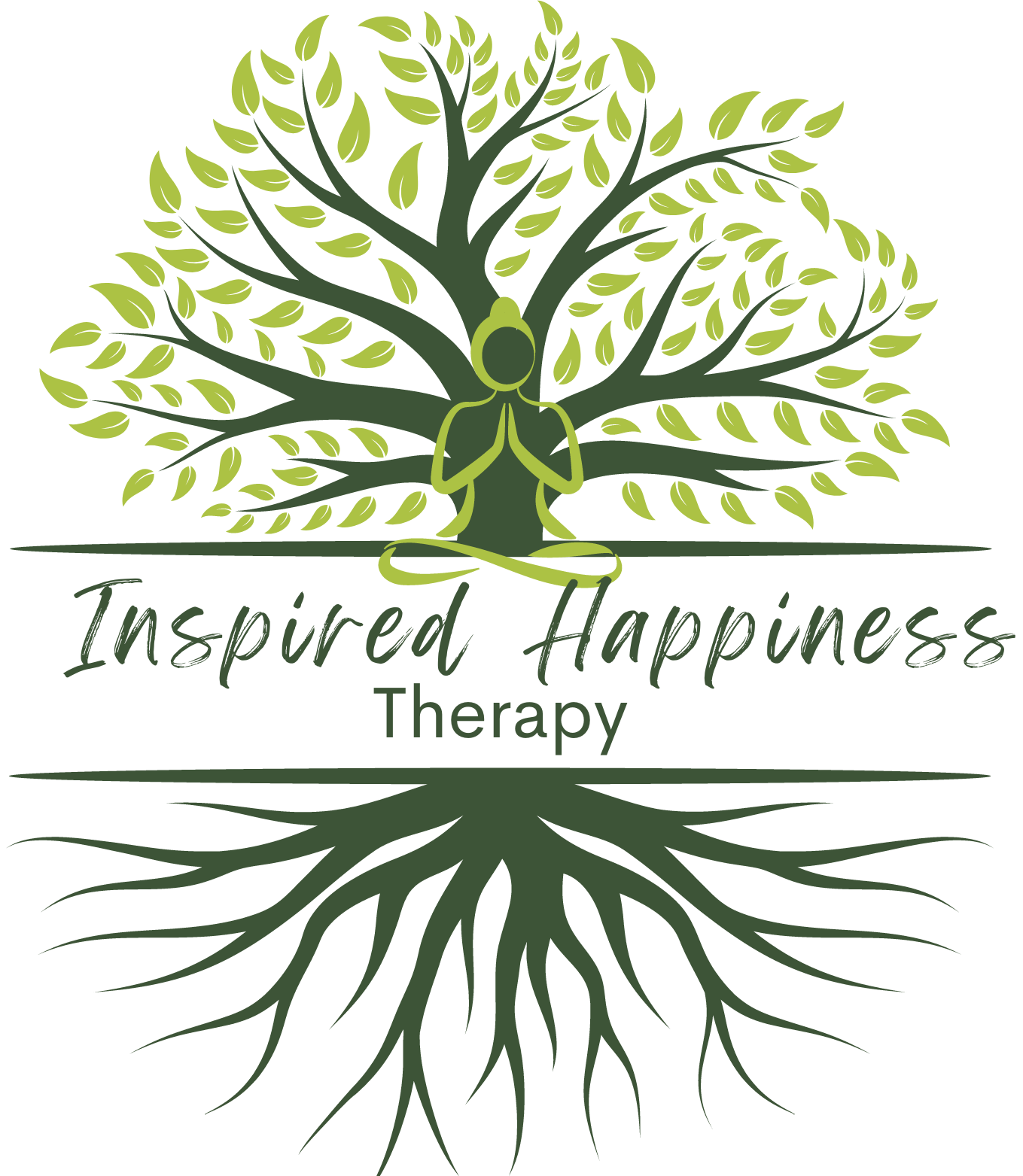What Is Causing My Depression?
 Often, when we realize we are depressed we search for an answer as to why. You have likely heard that depression is caused by a chemical imbalance. That is true for some types of depression. Many people go to their family doctor to talk to them when they suspect they are depressed. A family doctor will likely prescribe you an anti-depressant which will help – if you have a chemical imbalance.
Often, when we realize we are depressed we search for an answer as to why. You have likely heard that depression is caused by a chemical imbalance. That is true for some types of depression. Many people go to their family doctor to talk to them when they suspect they are depressed. A family doctor will likely prescribe you an anti-depressant which will help – if you have a chemical imbalance.
Not All Depression is Caused By Brain Chemistry
I have talked to many a person who has told me that they have “been on four or five medicines and nothing helped.” Sometimes that is because they have not found the right medication yet but sometimes it is because of situational depression. There are situations in our lives that can cause us so much concern that we become depressed. In fact, one of the stages of grief is depression! There can be other physical causes of depression besides a chemical imbalance. However, today we are focusing on situational depression aka when your life makes you depressed.
I Feel Trapped, Like My Life Isn’t In My Control
Most of us function as part of a group. Whether it is a family, a couple, a workplace, a community, or a country, our world is made up of social groups. Unfortunately, we have very little control over what the other people in those groups do. This can lead to us feeling trapped. When decisions are made for us by a partner or a parent, or when the situation seems to have “no other option” we may feel like we are no longer in control of our own life.
 I know a woman, let’s call her Marie, who had an adult child move home after a job loss. In the current United States economy, this is becoming more and more common. Studies have shown that adults aged 25 and up living with parents is more common today than it was in the year 2000. Marie felt that there was no choice but to take her adult son in when he asked. Marie and her husband were retired and own their home, they had plenty of room so it seemed impossible to say no. As days turned into weeks, and weeks turned into months, Marie found herself feeling depressed. She, her husband, and her son had conflict on a daily basis. Worse yet, he did not seem to have any plans to leave their home! Her husband was unwilling to set a deadline for her son to move out so she began to feel trapped. She started to feel like she had no control over her life or home any longer.
I know a woman, let’s call her Marie, who had an adult child move home after a job loss. In the current United States economy, this is becoming more and more common. Studies have shown that adults aged 25 and up living with parents is more common today than it was in the year 2000. Marie felt that there was no choice but to take her adult son in when he asked. Marie and her husband were retired and own their home, they had plenty of room so it seemed impossible to say no. As days turned into weeks, and weeks turned into months, Marie found herself feeling depressed. She, her husband, and her son had conflict on a daily basis. Worse yet, he did not seem to have any plans to leave their home! Her husband was unwilling to set a deadline for her son to move out so she began to feel trapped. She started to feel like she had no control over her life or home any longer.
Anti-depressants Cannot Fix Situational Depression
Marie talked to her primacy care physician about her feelings of depression. He wrote her a prescription for an anti-depressant. Some of her symptoms did ease a little but her depression did not go away. After speaking with her about the situation it was clear that anti-depressants were not going to help. What Marie needed was to get her husband on board with giving her son a deadline for moving out. A prescription was not going to do that.
Depression is a Stage of Grief
Depression is one of the five stages of grief. The symptoms of depression caused by grief are indistinguishable from the symptoms of depression. When grieving a loss, depressed feelings are an expected part of the process. If you have lost a loved one, a job, a relationship, have recently moved, or have a child who has just left home (sometimes called empty nest syndrome) you may be experiencing grief. Sometimes grief counseling might be necessary to help you move through the depression and past acute grief.
Situational Depression is Real Depression
While it is impossible to list all the situations in your life that could be causing your depression, here are a few examples:
- Infidelity of a spouse or partner
- End of a relationship or contemplating ending a relationship
- Emotionally or psychologically abusive relationship
- Feeling controlled or trapped
- Trying to change a loved one
- A partner or child who is in active addiction or alcoholism
- Feeling taken advantage of by a person or workplace
- Perfectionism and low self-esteem
- Fear of a negative future for yourself, your family, or your country
- Politics and the political climate
- Post-partum (after giving birth) depression
- Pushing yourself too hard and not taking care of yourself
- War, natural disasters, fear of crime
- Being part of a marginalized community such as LGBTQI, African American, Native American, immigrant, refugee, individuals with felony conviction, or unemployed.
- Chronic physical illness or disability
Do Not Be Afraid To Seek Help
Talking to your doctor is a good first step if you think that you might be depressed. He or she can likely refer you to a counselor or therapist if you ask. Remember that if you are on medication that does not seem to be working or if you know it is a life situation that is causing your depression, a therapist can help you work through your feelings. Therapy is more than just “venting to a friend.” Therapists and counselors can give you suggestions and feedback on your situation but they can also help you build skills that make depressing situations more manageable.



Great content! Super high-quality! Keep it up! 🙂